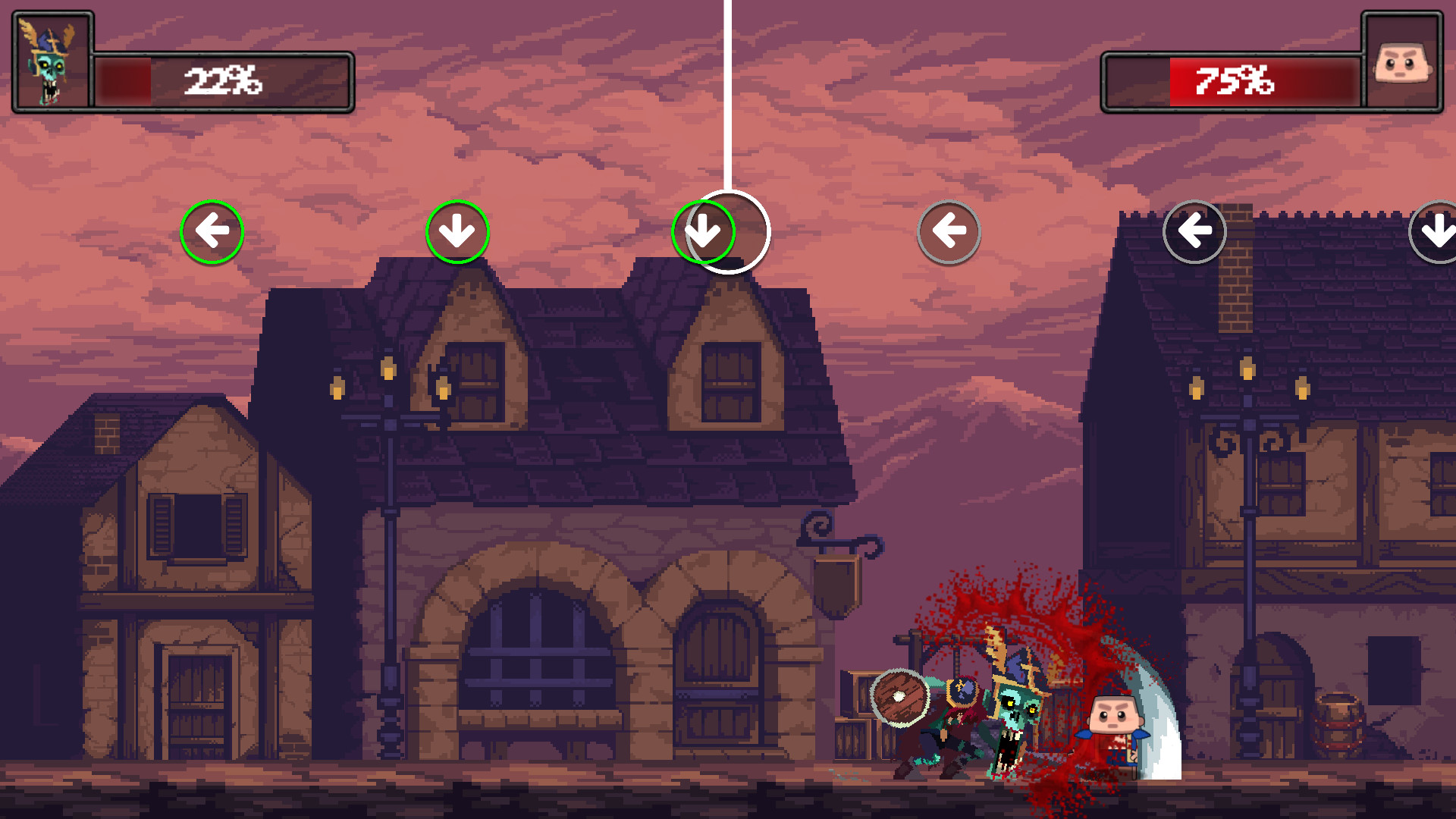
On 16th August 2012, UrbanSLUG – a YouTuber – uploaded an animation showing Kenshiro poking a man and saying, “you are already dead” – the man’s head exploded. On 11th June 2011, Nekfrog – a member of NeoGAF forums submitted a thread inquiring the members of the forum about what meme they were getting tired of, “you are already dead” came top as the most misused meme. On 8th August the same year, the user “inui” of a DeviantArt user submitted Kenshiro’s illustration with a caption of “You are already dead.” The makers of the page described the title as a dedicated trope of martial arts entailing finishing moves with delayed effects such as kicks on pressure points, diagonal sword cuts, etc.
Owae ma mou shindeiru tv#
In 2010, a page with the same title as the phrase featured on TV Tropes. Thanks to the creation of YouTube, some of the memes become so popular to the point of gaining millions of views on the platform. Memes depicting the phrase started becoming popular in 2008. Its use was mainly restricted to a situation when the opponent in a gaming competition seemed to encounter unexpected and inevitable defeat. The earliest revival of the phrase can be traced back to the gaming chartrooms popular in the 1990s. “Omae wa mou Shindeiru” phrase has been around for a long time even before the invention of the internet. Kenshiro, the lead protagonist of the anime and a martial arts guru, could approach the opponent, say out the catchphrase and weaken the opponent by attacking his pressure points upon which his body would explode from inside.
Owae ma mou shindeiru series#
The first ever use of the phrase was during the premiere of the Fast of the North Star anime series in 1983. If you want a quick overview, check out this hilarious mashup of the Omae Wa Mou Shindeiru meme in action:Īvid followers of Japanese animes know this catchphrase has been around for a long time. That’s why the memes you’ve been encountering reaction arguments and image boards features Kenshiro pointing at the viewer and saying the famous catchphrase. It is a Japanese reaction or phrase meaning, “You’re Already Dead.” The phrase is a derivative of the anime series named the Fist of the North Star (Hokuto Shinken) which features Kenshiro as the main protagonist. You’ve probably seen this phrase on a meme on social media, but you’re not sure of what it means. The catchphrase is often joined by a picture of the lead character Kenshiro pointing at the viewer, which has received usage as a reaction image in disputes on image boards and discussion forums ( Source). “You Are Already Dead” (Japanese: お前はもう死んでいる Omae Wa Mou Shindeiru) is an expression from the manga and anime series Fist of the North Star (Japanese: 北斗の拳 Hokuto no Ken). In this post, we explain the meaning and origins of the popular omae wa mou shindeiru (You Are Already Dead) Meme and source 25 of the best meme examples from social media. 7 The 25 Best Omae Wa Mou Shindeiru (You Are Already Dead) Memes.After a few seconds, the insides of those bodies would explode, leading to a gory scene as seen below. This fighting style focused on attacking the inside of the body through various pressure points. Kenshiro is well versed in a martial arts style called Hokuto Shinken. Well, what about the meme itself? What does “Omae wa mou shinderu” even mean? After learning that the gang would kill all of the villagers, he broke the bars of the jail cell and murdered everyone in the gang. Later, the small town is attacked by a gang.

For example, in the very first episode of the anime, Kenshiro was desperate for water and stole some from a town well, landing him in the town jail. Kenshiro’s purpose is to defend those who need help and kill those who would take advantage of the weak in any way. If you’ve watched any of the Mad Max movies, the world is similar to that. Our protagonist, Kenshiro, is a survivor in a post-apocalyptic world where violence rules and the weak die. This famous line comes from a character named Kenshiro from the anime/manga series Hokuto no Ken (translated to Fist of the North Star) which premiered in 1983 in Japan.


 0 kommentar(er)
0 kommentar(er)
